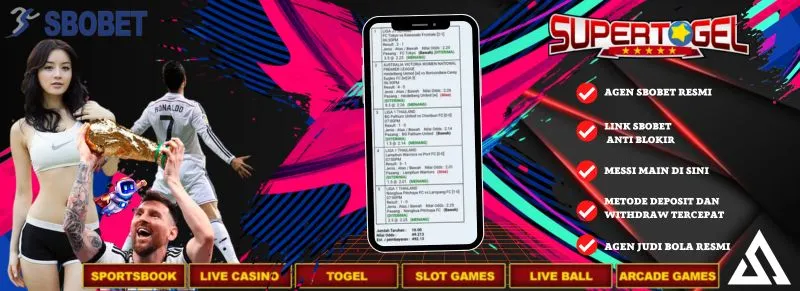1
/
of
1
SBOBET
SBOBET88 : Agen SBOBET Resmi, Daftar SBOBET88 Di Link SBOBET Judi Bola Online
SBOBET88 : Agen SBOBET Resmi, Daftar SBOBET88 Di Link SBOBET Judi Bola Online
Regular price
Rp 10.000,00 IDR
Regular price
Sale price
Rp 10.000,00 IDR
Unit price
/
per
Couldn't load pickup availability
SBOBET88 : Agen SBOBET Resmi, Daftar SBOBET88 Di Link SBOBET Judi Bola Online
SBOBET88 merupakan agen judi bola online yang menyediakan segala jenis taruhan bola online resmi agen sbobet. Pada situs sbobet88 seluruh pemain judi bola online pastikan akan dapat dengan mudah memainkan taruhan bola dengan seluruh pasaran judi bola online yang tersedia. Agen SBOBET juga saat ini telah menyediakan link sbobet anti blokir yang bertujuan agar seluruh pemain judi bola online bisa dengan bebas melakukan daftar sbobet88 dan login sbobet untuk mulai bermain judi bola online. Link sbobet88 anti blokir saat ini hanya tersedia pada agen sbobet resmi saja seperti pada situs supertogel. Dengan demikian daftar SBOBET resmi melalui link sbobet 88 anti blokir dari agen sbobet resmi supertogel.
SLOT DEMO

